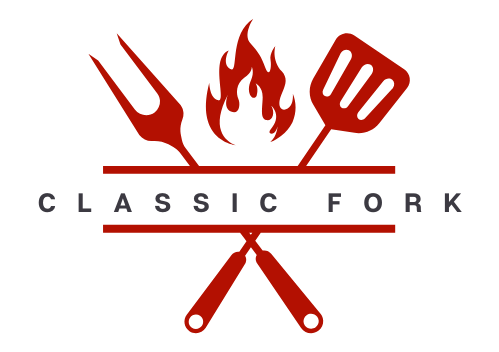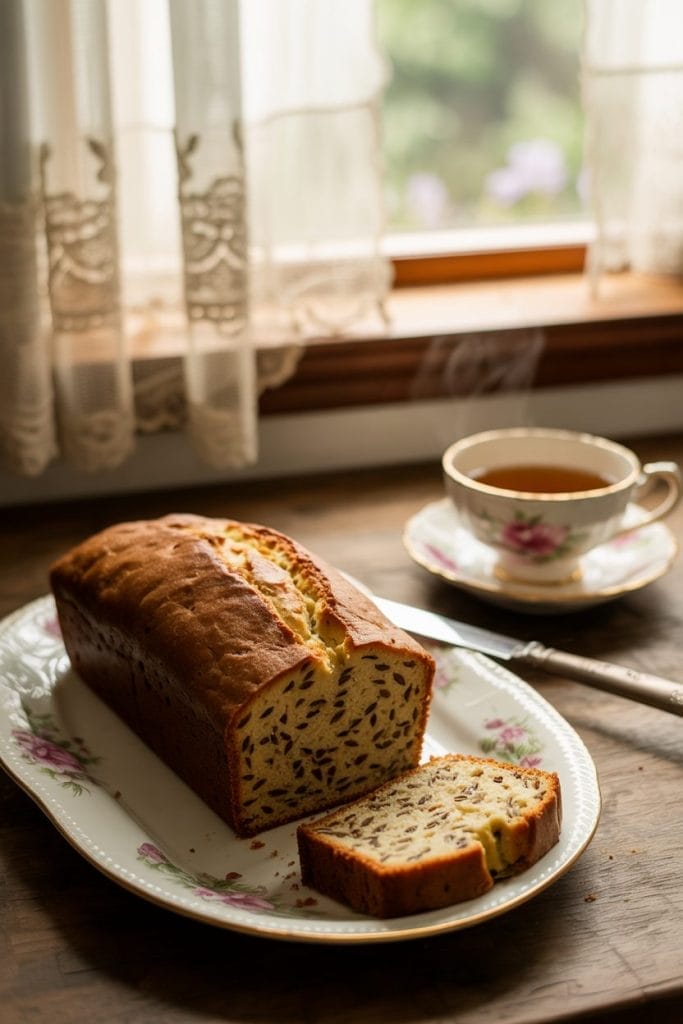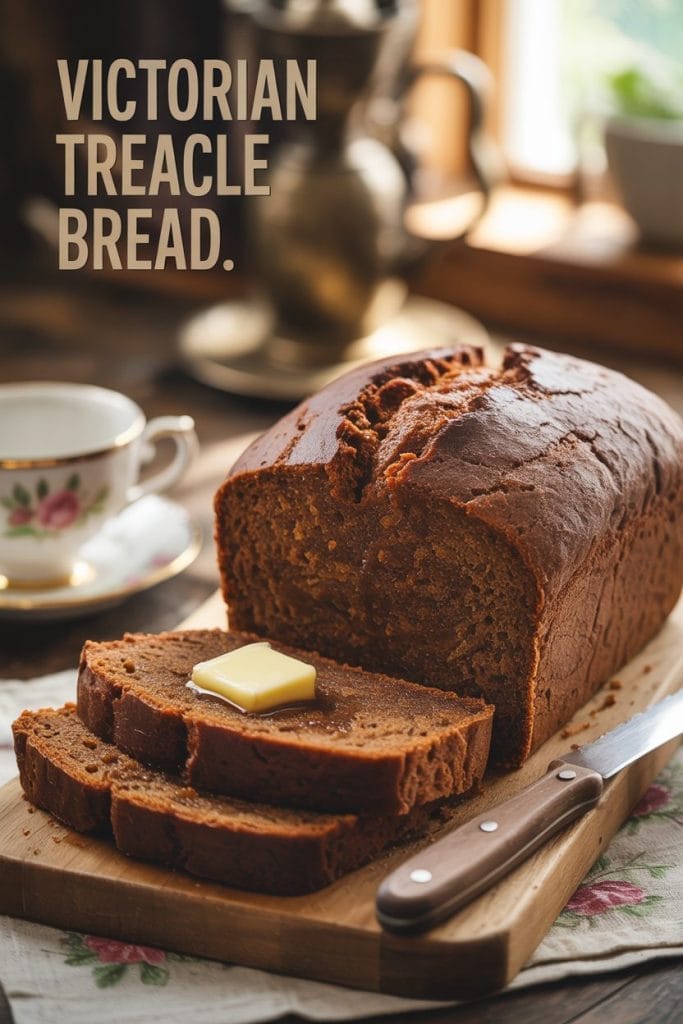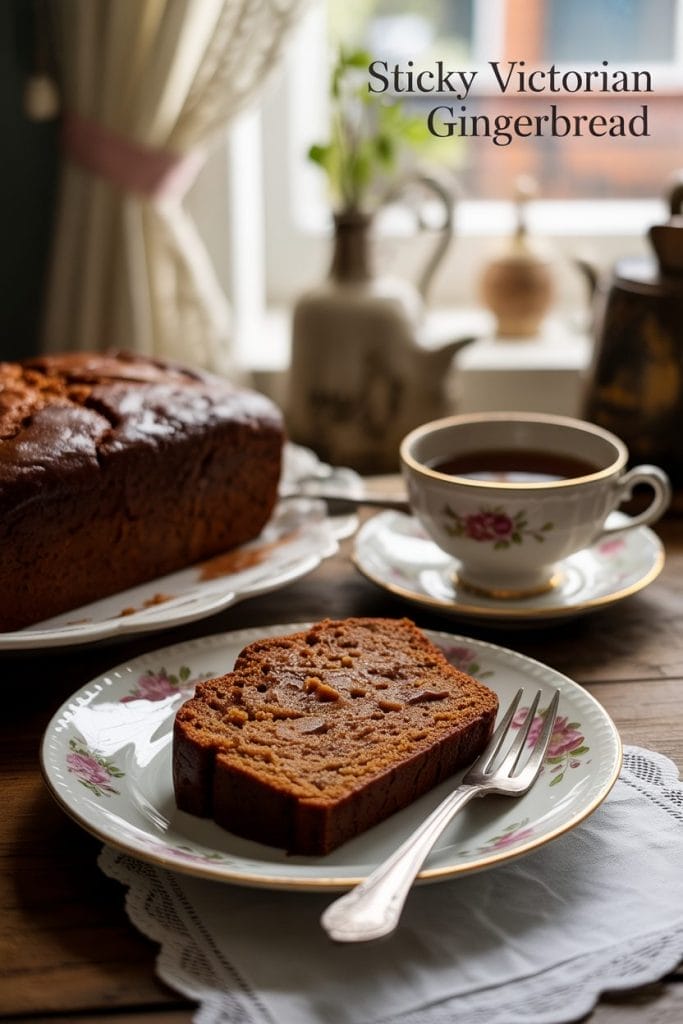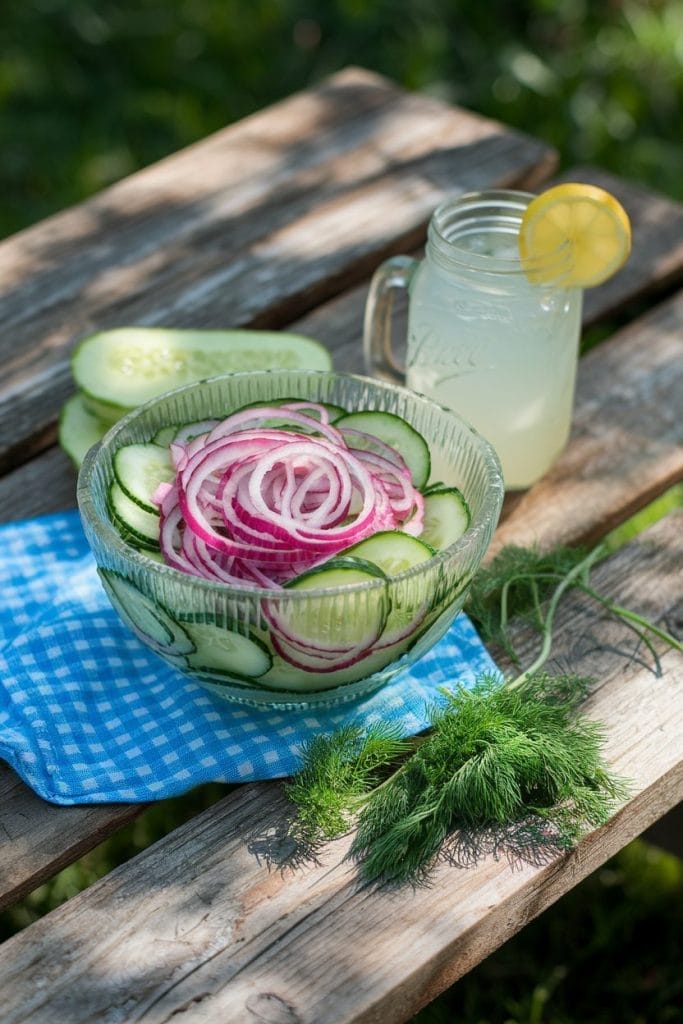I Made These FREE Vintage Recipe Tools JUST For You
This recipe was created with help from AI tools and carefully reviewed by a human. For more on how we use AI on this site, check out our Editorial Policy. Classic Fork earns a small commission from Amazon and other affiliate links at no extra cost to you, helping us keep our content free and honest.
6 Wartime Breakfasts That Kept a Nation Going (And You Can Still Make Today!)
Time Period:
Meal Type:
When I was a kid, my grandmother would tell me stories about the war—not just about the hardships, but about the little joys that kept people going.
One of those joys?
Breakfast.
It wasn’t fancy, but it was filling, and it gave people the strength to face another day. Now, decades later, I’ve rediscovered some of these simple, hearty meals, and trust me, they deserve a comeback.
What Would You Cook in Wartime?
Step back in time and discover what you could make with limited wartime rations
Wartime Breakfast Recipes
Imagine waking up to a breakfast made without eggs, milk, or even fresh bread. Sounds impossible? During wartime, people had to get creative with whatever they had. These 6 breakfasts, once a necessity, are surprisingly delicious—and best of all, you can still make them today with just a few pantry staples.
During times of scarcity, ingenuity in the kitchen becomes essential. Wartime Potato Cakes are a testament to resourcefulness, transforming humble ingredients into a satisfying and nourishing meal.
Whether you’re reminiscing about the past or seeking a comforting dish today, these potato cakes offer a delightful blend of simplicity and flavor that has stood the test of time.
Step back in time and bring a piece of history into your kitchen with the National Loaf, a hearty and nutritious bread that became a staple in British households during World War II.
Originally devised to make the most of rationed ingredients, this loaf is not only a testament to ingenuity in times of scarcity but also a delicious addition to your modern-day menu.
Whether you’re a history enthusiast or simply love baking wholesome bread, this recipe offers a flavorful journey back to the 1940s.
During the challenging times of World War II, rationing and scarcity forced households to innovate in their kitchens. One such innovation was Mock Cream, a versatile substitute for traditional cream, allowing families to continue enjoying their favorite dishes despite limited resources.
This recipe not only serves as a nostalgic nod to the past but also offers a simple, dairy-free alternative that can be handy even today.
There’s something profoundly comforting about the aroma of freshly baked bread, and when that bread is infused with the delicate sweetness of chestnut flour, the sensory experience becomes truly remarkable.
During World War II, resourcefulness in the kitchen was not just a virtue—it was a necessity. Wheat flour was often scarce or heavily rationed, leading French bakers and home cooks to turn to alternatives like chestnut flour, a staple in certain regions of France for centuries.
This French Chestnut Flour Bread pays homage to those inventive wartime bakers, blending tradition with innovation to yield a loaf that’s subtly nutty, tender, and entirely unforgettable.
During World War 2, real coffee beans were hard to find. People used roasted barley, chicory root, or other grains as coffee substitutes.
Muckefuck was not rich or strong like true coffee. It was still comforting and offered a small pleasure in a difficult era.
During the trying times of World War II, British households had to get creative in the kitchen due to strict rationing. One delightful result of this ingenuity was Carrot Marmalade. This sweet and tangy spread made from humble carrots brought a touch of brightness to the breakfast table, substituting scarce fruits like oranges. Today, we recreate this classic recipe to bring a slice of history to your pantry.

Maggie Hartwell
Hi there, I’m Maggie Hartwell, but you can call me Maggie—the apron-clad foodie behind Classic Fork! I created Classic Fork because I’m convinced food has a way of telling stories that words can’t. So, grab a fork and dig in. The past never tasted so good!
